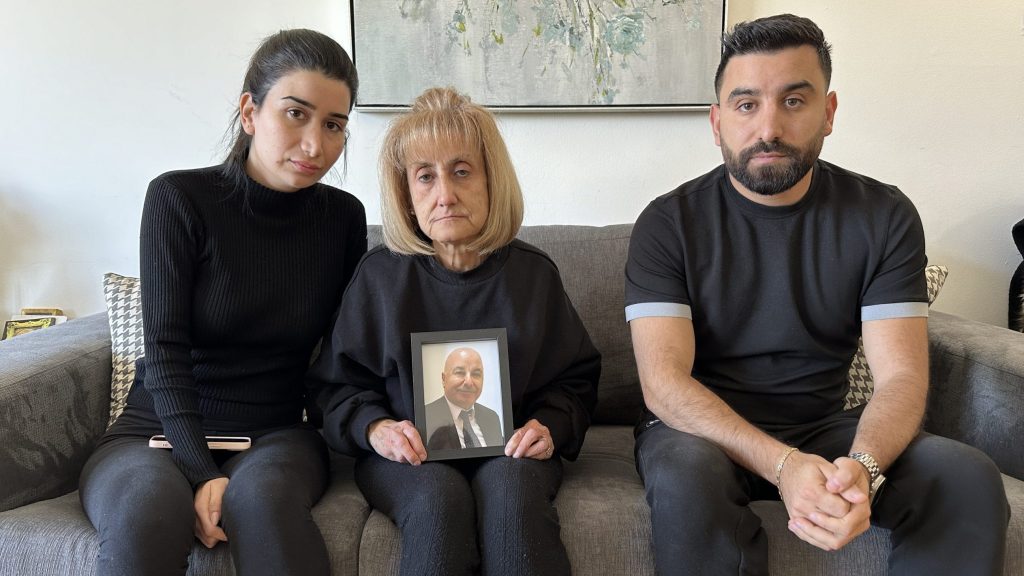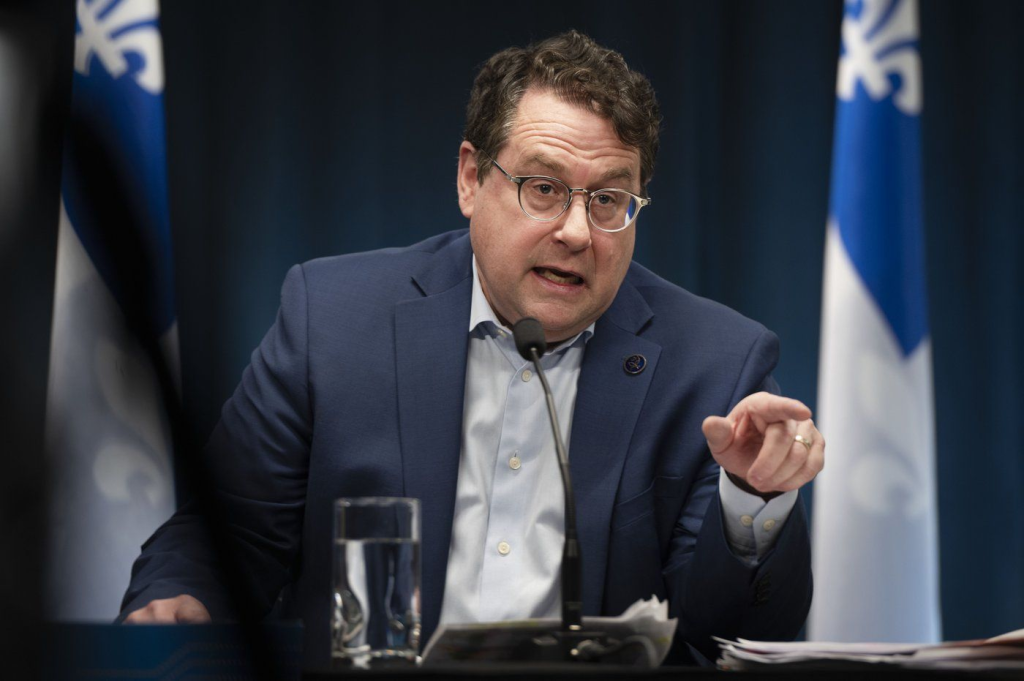Calls for the CAQ government to name a Minister Responsible for Anglophone relations
Posted October 6, 2022 11:27 am.
Last Updated October 6, 2022 6:39 pm.
A Montreal-based group that advocates for the rights of English-speaking Quebecers is hoping the Coalition Avenir Québec’s second mandate brings a fresh start and the creation of a dedicated minister responsible for relations with Anglophone Quebecers.
In its first four years, the Legault government appointed Laval’s Sainte-Rose MNA, Christopher Skeete, to the role of being the ‘anglo’ liaison, but the position was not part of his cabinet. The cabinet minister responsible for relations with English-speaking Quebecers has been the premier himself, François Legault.
“He didn’t have time to have an English debate. He did not have time to join one of our virtual town halls, and we haven’t met with him since 2018 when he first came in,” said Quebec Community Groups Network (QCGN) President Eva Ludvig. “So we think a minister dedicated to deal with the English speaking community would have the time.”
QCGN – a not-for-profit network that links about 44 English-language organizations and service groups across the province – is hoping the government appoints an MNA to a new post at the ministerial level in their next four years, noting that “a minister would give the community a dedicated voice at the cabinet table.”
“The appointment of a Minister would be an important first step in ensuring the voices of English-speaking Quebecers are heard,” said Ludvig. “Such a minister must have a clear mandate and adequate resources to consult with our community, articulate our priorities and concerns, and move forward with a constructive action plan. He or she would also serve as a crucial bridge builder with other ministers and ministries, opening doors for English-speaking community advocates to engage with cabinet colleagues.”
“This will give, first of all, more attention, a greater understanding and maybe a greater desire to work with us and and to deal with the concerns of almost 15 per cent of the population of Quebec.”
#WATCH: “We haven’t met with him since 2018,” days QCGN President Eva Ludvig, of Premier Francois Legault holding the position of minister responsible for Anglo relations. QCGN is calling for the appointment of another MNA to better handle the file.
READ: https://t.co/kPAaVWi8R3 pic.twitter.com/JckYicKBKK
— Alyssia (@rubertuccinews) October 6, 2022
At Legault’s first post-election press conference Tuesday, he was asked if he’d keep the position. He said: “I’ll think about that, but so far, yes.”
“Mr. Legault grew up in the West Island, not necessarily Anglophone only community, but it is a large Anglophone community,” said Sharon Nelson, first vice president at the Jamaica Association of Montreal. “The fact that he’s appointed himself and really done nothing around Anglophones. I feel that we have to be we are part of the conversation.”
“We’re looking at as a door opening and we’re suggesting while he’s thinking, we’re making a suggestion,” said Ludvig.
READ MORE: CAQ majority government victory: is Quebec more divided than ever?
Ludvig says there’s a disconnect between English-speaking Quebecers and the Quebec government.
“Members of our community feel that they are not being heard and are not considered relevant, and they are worried about their and their children’s future in Quebec,” she said.
Ludvig says many in the Anglophone community oppose some of the CAQ government’s laws like Bill 96 – the reform to the French language laws; Bill 21 – the secularism law; and Bill 40 – the law abolishing the province’s school boards.
“English-speaking Quebecers remain concerned about restrictions on our access to education, to health and social services, to the courts, and to government services and information in English,” she said. “In looking ahead, we will continue to stand up for our community by advocating for changes to Bills 96, 21 and 40.”
She says the English-speaking community does, in fact, support the vitality of the French-language.
“Our Community of Communities is committed to contributing to the advancement of Quebec and looks forward to working with the Quebec government and hopefully a Minister Responsible for Relations with English-speaking Quebecers to ensure our community has the tools required to support our social, cultural, and economic development so that we can, in turn, continue to contribute to Quebec’s prosperity and growth.”
“We have to hope and know and work towards a solution,” said Nelson. “Anglophones have been are a part of the Quebec reality, not a side thought to that reality. We are a part of it.”



